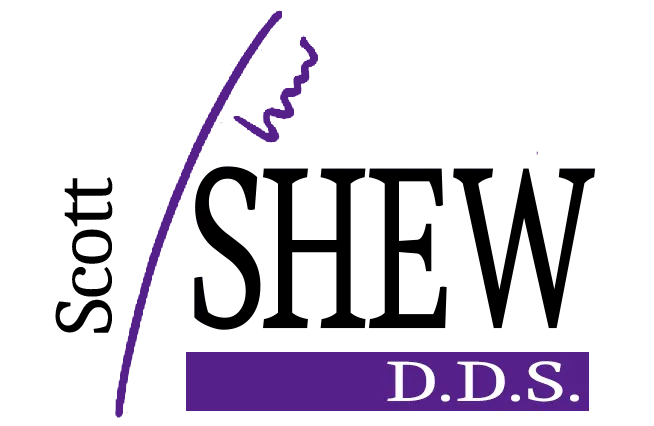Brushing is the most effective method for removing harmful plaque from your teeth and gums. Getting the debris off your teeth and gums in a timely manner prevents bacteria in the food you eat from turning into harmful, cavity causing acids. Most dentists agree that brushing three times a day is the
Read more-
Brushing
Category: Tooth Care
-
Women and Tooth Care
Category: Tooth Care
Women have special needs when it comes to their oral health. That’s because the physical changes they undergo through life—menstruation, pregnancy and childbirth, breast-feeding and menopause—cause many changes in the body, some harmful to teeth and gums. Lesions and ulcers, dry sockets, as
Read more -
Flap Surgery
Category: Treatment
Your bone and gum tissue should fit snugly around your teeth like a turtleneck. When you have periodontal disease, this supporting tissue and bone is destroyed, forming "pockets" around the teeth. Over time, these pockets become deeper, providing a larger space for bacteria to thrive and wreak havoc. As
Read more -
Oral Health Products
Category: Product Reviews
Visit any pharmacy or the health and beauty section of a supermarket today, and you are faced with a large, and many say confusing, array of over-the-counter remedies and devices designed to help you tend to your hygiene and health-care needs. There are many high-quality products on the market today.
Read more -
Managing Pain
Category: Pain Management
There are many methods for relieving oral pain. They include: Ice packs on the affected area. Avoiding hard candy or ice. Avoiding sleeping on your stomach. Dentists use a wide array of pain management tools, including: Anesthetics such as Novocaine. Analgesics such as aspirin
Read more -
Oral Cancer
Category: Dental Problems
Oral cancer is one of the most common cancers today and has one of the lowest survival rates, with thousands of new cases being reported each year. Fewer than half of all people diagnosed with oral cancer are ever cured. Moreover, people with many forms of cancer can develop complications—some of
Read more
